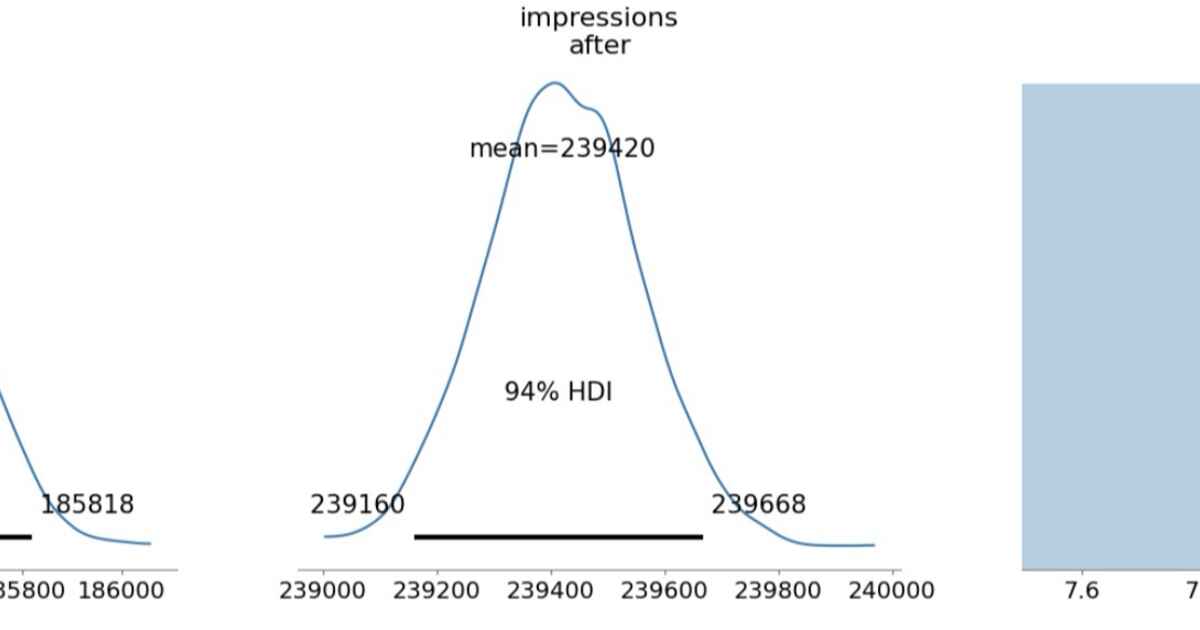






A testing API inspired by Google Truth but
rewritten in Kotlin from the ground up, so it can be used in Kotlin
multiplatform projects.
For example, you can write assertThat checks in tests like this:
import com.varabyte.truthish.*
fun isEven(num: Int) = (num % 2) == 0
fun square(num: Int) = (num * num)
@Test
fun testEvenOdd() {
assertThat(isEven(1234)).isTrue()
assertThat(isEven(1235)).isFalse()
}
@Test
fun testSum() {
val nums = listOf(1, 2, 3, 4, 5)
assertThat(nums.sum()).isEqualTo(15)
}
@Test
fun testMap() {
assertThat(listOf(1, 2, 3, 4, 5).map { square(it) })
.containsExactly(1, 4, 9, 16, 25)
.inOrder()
}
@Test
fun customMessage() {
assertWithMessage("Unexpected list size")
.that(listOf(1, 2, 3, 4, 5)).hasSize(5)
}
@Test
fun testDivideByZeroException() {
val ex = assertThrows<ArithmeticException> {
10 / 0
}
assertThat(ex.message).isEqualTo("/ by zero")
}
If you would like to check multiple assertions at the same time (meaning a failure won't be reported until all checks
have run), you can use the assertAll function:
val person = Person("Alice", 30)
assertAll {
that(person.name).isEqualTo("Bob")
that(person.age).isEqualTo(45)
}
// The above will assert once, reporting both equality check failures
You can read the Google Truth documentation for why they
believe their fluent approach to assertions is both more readable and produces
cleaner error messages, but let's break one of the tests above to see a
specific example error message:
@Test
fun testMapButIntentionallyBroken() {
assertThat(listOf(1, 2, 3, 4, 5).map { square(it) })
.containsExactly(1, 4, 9, 15, 26) // <-- Ooops, messed up 16 and 25 here
.inOrder()
}
Output:
A collection did not contain element(s)
Expected exactly all elements from: [ 1, 4, 9, 15, 26 ]
But was : [ 1, 4, 9, 16, 25 ]
Missing : [ 15, 26 ]
Extraneous : [ 16, 25 ]
To use Truthish in your multiplatform application, declare any of the following dependencies relevant to your project:
// build.gradle.kts
// Multiplatform
repositories {
mavenCentral()
}
kotlin {
jvm()
js {
browser()
nodeJs()
}
wasmJs {
browser()
nodeJs()
d8()
}
linuxArm64()
linuxX64()
macosArm64() // Mac M1+
macosX64() // Mac Intel
mingwX64() // Windows
iosArm64() // iOS M1+
iosX64() // iOS Intel
iosSimulatorArm64()
androidTarget()
sourceSets {
commonTest.dependencies {
implementation("com.varabyte.truthish:truthish:1.0.3")
implementation(kotlin("test"))
}
}
}
You can also use Truthish in non-multiplatform projects as well:
// build.gradle.kts
repositories {
mavenCentral()
}
dependencies {
// ...
testImplementation(kotlin("test"))
testImplementation("com.varabyte.truthish:truthish:1.0.3")
}
// build.gradle.kts
repositories {
mavenCentral()
}
android { /* ... */ }
dependencies {
// ...
// If used in tests that are run on the host (i.e. your dev machine)
testImplementation("com.varabyte.truthish:truthish:1.0.3")
// If used in tests that are run on the device
androidTestImplementation("com.varabyte.truthish:truthish:1.0.3")
}
Most users won't ever need to run a Truthish snapshot, so feel free to skip this section! However, occasionally, bug
fixes and new features will be available for testing for a short period before they are released.
If you ever file a bug with Truthish and are asked to test a fix using a snapshot, you must add an entry for the sonatype
snapshots repository to your repositories block in order to allow Gradle to find it:
// build.gradle.kts
repositories {
mavenCentral()
+ maven("https://central.sonatype.com/repository/maven-snapshots/") {
+ mavenContent {
+ includeGroup("com.varabyte.truthish")
+ snapshotsOnly()
+ }
+ }
}
.png)










